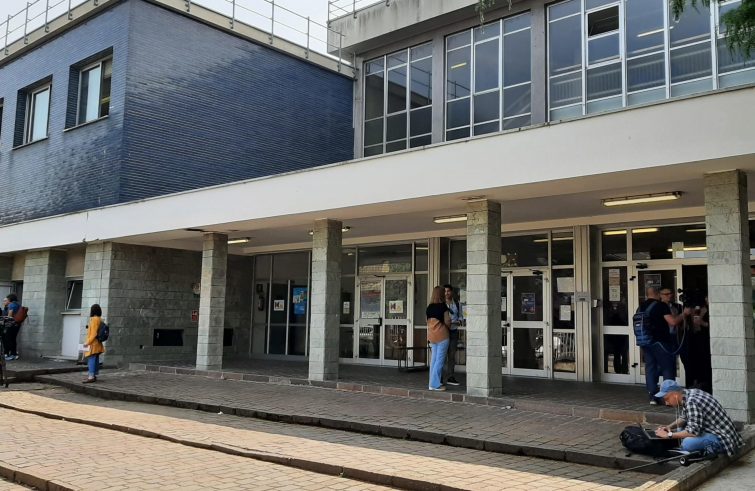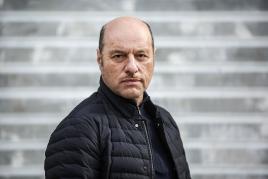
An episode of violence brought schools under the spotlight again. Yesterday, a 16-year-old student at the ‘Emilio Alessandrini’ secondary school in Abbiategrasso, near Milan, stabbed his literature teacher, threatening his terrified classmates with a toy gun. Reportedly, the student got bad marks over the past few weeks. “I think it’s not appropriate to elaborate on the details of this incident. However, some reflections can be drawn from it. In my opinion, there are three important points,” Eraldo Affinati, a Rome-based writer and teacher, founder with his wife Anna Luce Lenzi of the Penny Wirton Italian language school for new migrants managed entirely by volunteers, told SIR.
“Teachers face people alone, which is not a good thing.”
 Now more than ever – he said – there should be a team to support the teacher, not only in the event of emergencies such as this one, but also in terms of prevention. The idea of creating a psychological counselling desk in each school has been under discussion for some time already. The Minister has recently reiterated this proposal. I believe it is the most appropriate form of structural assistance, although we should not delude ourselves into expecting it to solve all the problems.”
Now more than ever – he said – there should be a team to support the teacher, not only in the event of emergencies such as this one, but also in terms of prevention. The idea of creating a psychological counselling desk in each school has been under discussion for some time already. The Minister has recently reiterated this proposal. I believe it is the most appropriate form of structural assistance, although we should not delude ourselves into expecting it to solve all the problems.”
Moreover, for Affinati,
“Schools should be the place where the quality of human relations is developed. Unless the teacher-student relations are based on mutual trust, any attempt risks being unsuccessful.
The so-called difficult, unruly, or rebellious children, – he said recalling his own experience as a teacher – have long been my most frequent interlocutors. It is to them that, ten years ago, I ideally dedicated my book ‘Elogio del ripetente’. These teenagers are the ones who are constantly defying you, putting you to the test, eventually leaving their mark in one way or another. With many of them, the traditional pattern of explanation, testing and marks doesn’t work. Other avenues must be found, or otherwise you are taking a big risk. It won’t always be easy, not least because
nobody has a magic wand that will bring a lost child onto the right path.
In my long experience as a literature teacher in technical-vocational high schools, I never ceased to admire my colleagues who managed to captivate and maintain the attention of often overcrowded and unruly classes of pupils with a low level of schooling. Incidentally, it frequently happened that the most disadvantaged among them was nonetheless progressing with respect to the somewhat unfavourable situation they were coming from. Not to mention that the youths’ distress stemmed not only from degraded social contexts. In fact, the crises occasionally flared up in seemingly flawless households.”
The third point, Affinati remarked, “concerns the ongoing digital revolution. It is widely believed that it may warp the relationship with reality, especially in the most fragile personalities. The young person who wishes to strike a balance between his desires and lawful compliance, requires adults who can guide them in the direction of not just virtual experiences. This implies availing oneself of the new technology tools, and not confusing information with knowledge. Above all, it means conveying the idea that should someone cause offence, the offender is required to bear responsibility for it and not assume that he or she can get away with it.
Teachers are called to be both friends and educators.
In order to do so, they must exemplify the precept they ask their students to comply with, showing that they have made a choice whereby they will acquire authoritativeness.”
Finally, a broader reflection: “every day, schools engage millions of people, including teachers, students, families, administrative, technical and assistant staff. Intertwining lives, inter-generational communication, cultural exchanges, citizens being formed, attachments, friendships, agreements and tensions. Within this huge flow of consciences in transit towards the future – Affinati concludes – it would unfortunately be almost impossible for tragic events such as the one in Abbiategrasso not to occur. They must be addressed and resolved in their distinct context, without forgetting the many times when the educational process has been successful.”











